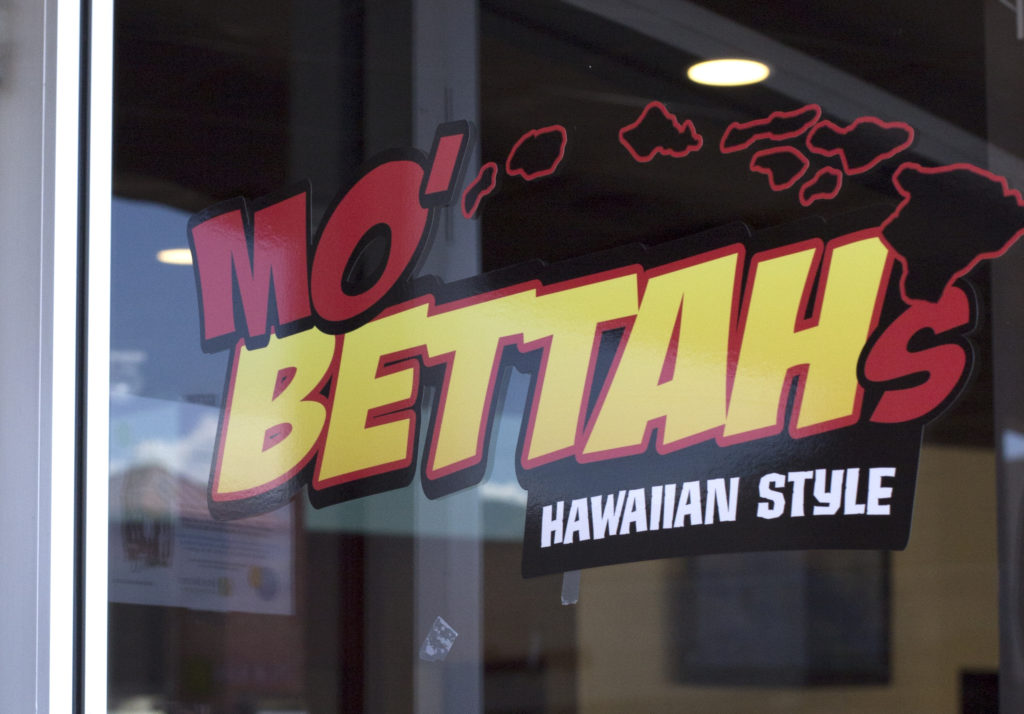Mo Bettah is more than just a phrase; it’s a cultural expression rooted in the heart of Hawaiian lifestyle, encapsulating the essence of something being "better" or "the best." This spirit extends beyond words, shaping how Hawaiians live, eat, and connect with one another. In recent years, "mo bettah" has also become synonymous with a culinary movement that brings authentic Hawaiian food to the mainland, capturing the flavors, traditions, and aloha spirit of the islands.
Hawaiian cuisine is a melting pot of diverse influences, blending Polynesian traditions with Asian, American, and European flavors. The phrase "mo bettah" embodies this fusion, offering a celebration of food that’s delicious, comforting, and deeply tied to the Hawaiian way of life. From tender Kalua pig to flavorful poke bowls, the dishes served under the "mo bettah" banner represent the vibrant culture and history of Hawaii, while also appealing to a global audience.
In this article, we’ll dive deep into the world of "mo bettah," exploring its cultural significance, culinary offerings, and its rise to prominence as both a lifestyle and a movement. Whether you’re a food enthusiast, a traveler, or someone curious about Hawaiian traditions, this detailed guide will shed light on everything you need to know about "mo bettah." Let’s embark on this flavorful journey to understand how this phrase has come to define the best of Hawaiian food and culture.
Table of Contents
- Biography and Personal Details
- What Does "Mo Bettah" Mean?
- Cultural Significance of "Mo Bettah"
- The Origins of Hawaiian Cuisine
- Key Dishes in the "Mo Bettah" Menu
- The Rise of "Mo Bettah" Restaurants
- Authentic vs. Modern Hawaiian Food
- How to Enjoy a "Mo Bettah" Meal
- Bringing Aloha Spirit to the Mainland
- Sustainability and Hawaiian Cuisine
- Why "Mo Bettah" is More Than Food
- The Future of "Mo Bettah"
- Frequently Asked Questions
- Conclusion
Biography and Personal Details
The phrase "mo bettah" carries a strong cultural resonance, but it’s also been popularized by specific individuals and businesses committed to sharing authentic Hawaiian food and culture with the world. Among the notable figures in this movement are Kalani and Kimo Mack, the founders of the "Mo’ Bettahs" Hawaiian-style restaurant chain. Their story is one of passion and dedication to bringing the true flavors of Hawaii to the mainland United States.
The Mack brothers were born and raised in Oahu, Hawaii, where they grew up surrounded by the rich traditions of Hawaiian food and hospitality. Their upbringing revolved around family gatherings, luau celebrations, and the "aloha spirit" that defines Hawaiian culture. Drawing inspiration from their heritage, they set out to create a dining experience that would honor their roots while introducing others to the authentic taste of Hawaii.
| Full Names | Kalani Mack and Kimo Mack |
|---|---|
| Birthplace | Oahu, Hawaii, USA |
| Occupation | Restaurateurs |
| Notable Achievement | Founders of Mo’ Bettahs Hawaiian Style Food |
| Mission | To share authentic Hawaiian cuisine and culture with the world |
Kalani and Kimo’s journey began in 2008, when they opened their first Mo’ Bettahs location in Bountiful, Utah. Their vision was simple yet profound: to create a place that felt like home, where customers could enjoy the same flavors and hospitality they experienced growing up in Hawaii. Over the years, their commitment to authenticity and quality has earned them a loyal following, with Mo’ Bettahs expanding to multiple locations across the United States.
What Does "Mo Bettah" Mean?
The term "mo bettah" is a colloquial expression in Hawaiian Pidgin English, a creole language spoken in Hawaii. It translates to "better" or "the best" in standard English, but its meaning goes beyond mere comparison. In Hawaiian culture, "mo bettah" represents an attitude of striving for excellence, embracing positivity, and fostering a sense of community and togetherness.
Hawaiian Pidgin English emerged as a way for diverse cultural groups in Hawaii—Native Hawaiians, Chinese, Japanese, Filipinos, Portuguese, and others—to communicate during the plantation era. The phrase "mo bettah" reflects this cultural blending, embodying the spirit of collaboration and mutual respect that defines Hawaiian identity.
In the context of food, "mo bettah" is a celebration of flavors and experiences that are truly exceptional. It’s about savoring dishes made with care, sharing meals with loved ones, and appreciating the cultural heritage behind every bite. Whether it’s a plate of tender teriyaki chicken or a bowl of refreshing lomi-lomi salmon, the "mo bettah" philosophy invites us to enjoy life’s simple pleasures to the fullest.
As the term gained popularity, it became a symbol of authenticity and quality, particularly in the realm of Hawaiian cuisine. Today, "mo bettah" serves as both a rallying cry for preserving traditional Hawaiian food and a brand that represents the best of what the islands have to offer.
Article Recommendations

